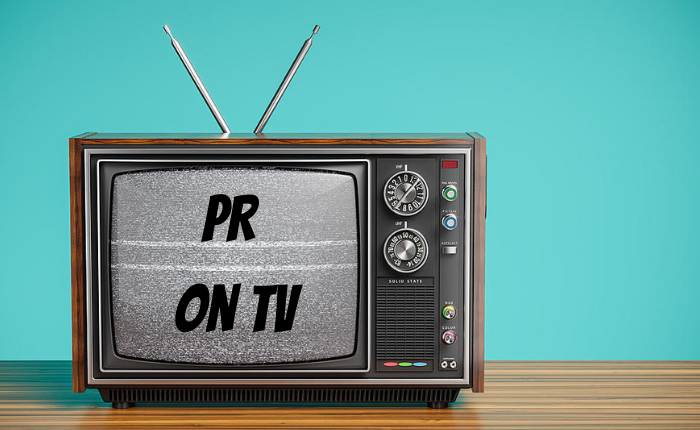If there was ever a career represented on TV that needs some PR, it’s PR.
The small screen is overflowing with cops, doctors and lawyers. And especially during many current PR practitioners’ formative years – in the 70s, 80s, and 90s – sit-coms and dramas featured a variety of well-defined careers for all sorts of iconic characters: Mike Brady was an architect. Laverne & Shirley worked at a brewery. Bob Newhart was a psychologist. But it’s tough to put a positive spin on the situation for PR professionals, since it was almost nonexistent.
As our PR agency, Bellmont Partners, celebrates its 25th year, we’re looking back at some of the pop culture influences that got us interested in pursuing a career in public relations in the first place. Spoiler alert: Fictional PR role models are few and far between. In an informal poll among PR pros, not a single one cited a pop-culture representation of the industry as directly influencing their career path.
And for good reason. If you watched “Sex and the City” you’d be forgiven if you assumed PR was all cocktail parties and back-room deals. New York publicist Samantha Jones had a thriving PR career in the 90s dramedy, but I don’t ever recall seeing her write a word. Instead of spending hours poring over a Bacon’s media guide to find just the right editor to pitch at the Omaha World-Herald or assembling a clip report, she went to brunch with her three friends and made sure they were on the guest list for some of the most glamorous parties in town.
And were you even aware that Jamie Buchman from “Mad About You” worked in PR? Apparently, she started as a PR executive at a New York agency, then ran her own agency and ultimately worked for City Hall. Even though I watched it throughout most of its seven-year run, I’m having a tough time recalling more than a few plotlines that had to do with PR. Maybe she should have issued a press release.
Throughout the decades, our industry likely got the highest-profile representation from political PR. And why wouldn’t it? Politics affords a drama-rich, high-stakes backdrop for the lives of Washington movers and shakers like Olivia Pope and her crisis-management firm in “Scandal” or White House Press Secretary CJ Cregg from “The West Wing.” Entertaining, sure, but it didn’t exactly chart a course for where the majority of us landed: at an agency, corporation, nonprofit or solo.
There’s no bigger argument for the lack of PR representation than the fact that one of the funniest, most accurate PR-agency depictions was probably Comedy Central’s relatively lesser-known “Kroll Show.” It featured a recurring segment about two women – both named Liz – who run a PR agency called PubLIZity. (“It’s based off our names.”) Hilarious and, in all honesty, sometimes a little bit too on point.
So few accurate representations of PR on TV, and yet millions of us chose this career path. What was it, then, that actually did play a role in piquing our collective interest in communications? Five words: Mary Richards and Mad Men. I’d argue that journalism and advertising – plentiful on TV, both – played a major role for many of us.
In my next Pop Culture Incorporated post I’ll be looking at how fictional versions of the advertising and news businesses sparked a generation of communicators.

